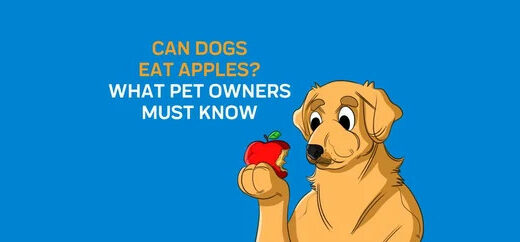
All dog parents know the feeling. Glossy saucer eyes staring longingly while we’re eating. Even the most disciplined doggy-parent can’t resist sneaking their pup the occasional bite of their snacks.
But when it comes to sneaking scraps, we must know what is safe and what isn’t. For instance, what if your dog ate a plum pit. Are plums for dogs a safe part of their diet?
We know that our furry friends can’t have chocolate and coffee, and we are aware of the dangers of additives like xylitol and other sugar replacements. Yet, some fruits are a real danger to our dogs’ health and well-being.
Let’s talk about xylitol for a second. It is a sugar substitute found in many chewing gums. But did you know that xylitol is a kind of alcohol? Furthermore, did you know that it occurs naturally in small quantities in plums?
When it comes to being a responsible pet parent, there is always more to learn. Today we are taking a closer look at plums and whether they are safe for our loyal and loving puppies.
Can Dogs Eat Plums?
Dog’s should not eat plums. It is as simple as that. While plums don’t pose the risks that chocolate and raisins do, it is best to avoid feeding these fruits to your dog.
Plums contain 16.37 g (5.74 ounces) of sugar per cup. That is much higher than canine-safe fruits like apples.
Aside from the dangers in the pit, plums present other potential risks. They are high in vitamin A. If your dog’s dietary plan already caters to their vitamin A requirements, the additional high vitamin A dose could present a problem.
Irreversible damage can occur in dogs’ limbs and joints who ingest a toxic dose of vitamin A. The family of nutrients that makes up vitamin A include retinol, retinal, and retinyl esters.
These are fat-soluble and can therefore be stored in the fat around a dog’s liver. This further increases the risk of a toxic dosage from vitamin A-rich fruits.
Interestingly, plums contain lutein, cryptoxanthin, and zeaxanthin in significant amounts. These are all flavonoids. Flavonoids fall under the general category often referred to as antioxidants.
It is a little-known fact that dogs can’t metabolize flavonoids. In high doses, such as those found in plums, this can lead to kidney failure. The risk goes up exponentially in smaller dogs.




